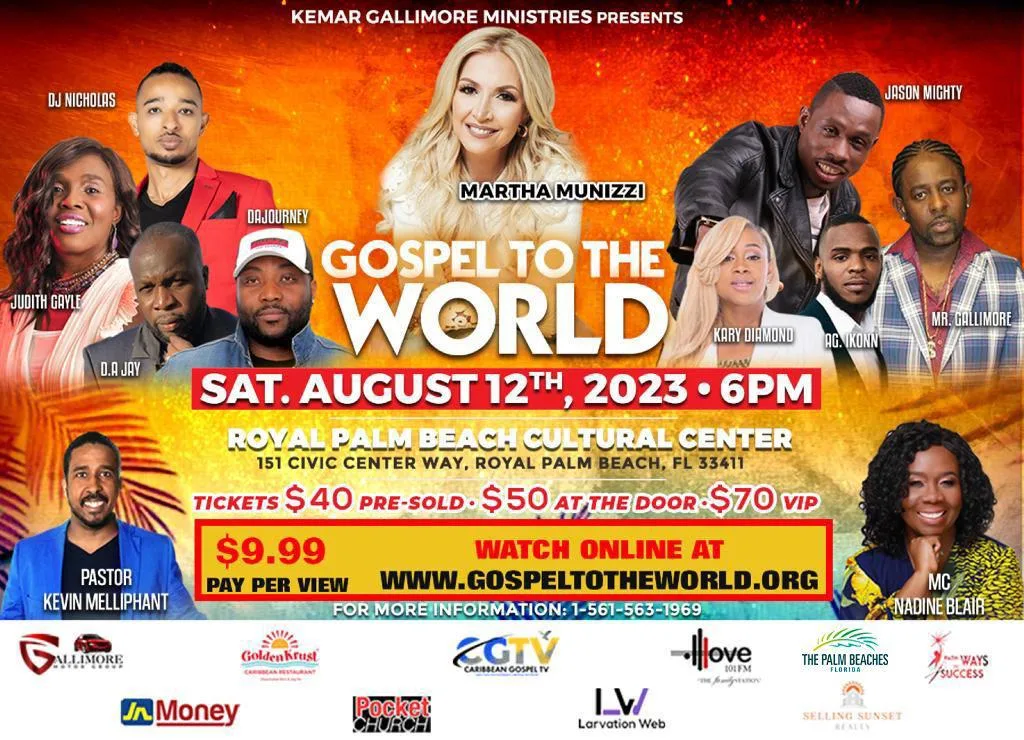Various African and Caribbean bodies came together at an unprecedented event last month in Bridgetown, Barbados’ capital. Their unified demand focused on compensation for slavery and the scars it has left on present-day society.
Among those rallying for reparations for “historical crimes” were the University of the West Indies (UWI), the African Union’s Economic, Social and Cultural Council (AU), the Government of Barbados, the Open Society Foundations, a grant-making network, and the Caribbean Pan African Network.
The Bridgetown assembly was alive with strategic discussions and plenaries. This marked the launch of an “intercontinental campaign,” UWI announced, labeling it a “ground-breaking” event.
– Advertisement –
Attendees included ambassadors and representatives from AU member states and the Caribbean Community political and economic union (CARICOM).
Hilary Beckles’ Stand: Addressing the ‘toxic interferences of colonization’
Hilary Beckles, who leads the CARICOM reparations commission, emphasized the significance of the gathering during a press conference.
Beckles noted that “humanity cannot go forward with all the toxic interferences of colonization.”
– Advertisement –
“We have to clean up this mess to allow humanity to function,” Beckles added.
The CARICOM reparations commission, established to demand reparations from former colonial powers like the United Kingdom, France, and Portugal, sees the continual racial victimization of the descendants of slavery and genocide as the “root cause of their suffering today,” according to its 10-point reparation plan.
Among the results of the Bridgetown assembly was a proposition for a cooperation roadmap between the AU and CARICOM, as detailed in the UWI statement.
Youssouf Mandoha, an AU official, pointed out, “It is crucial to recognise how slavery, colonialism and racism intersect and impact the lives of Black people around the world.”
Slavery in Barbados
Between the 15th and 19th centuries, a minimum of 12.5 million Africans were abducted and forcibly transported on European ships to be sold into slavery.
The ones who endured the horrifying journey ended up laboring under deplorable conditions on plantations in the Americas, primarily in Brazil and the Caribbean, while others profited from their suffering.
Barbados, the site of the assembly, was a landing spot for 600,000 enslaved Africans between 1627 and 1833. These individuals were exploited in sugar plantations, amassing wealth for their English owners.
Barbados, having distanced itself from Britain’s late Queen Elizabeth as head of state in 2021, has reignited its reparations campaign.
The concept of granting reparations or making other restitutions for slavery has been around for a long time, but the movement is gaining traction worldwide.


